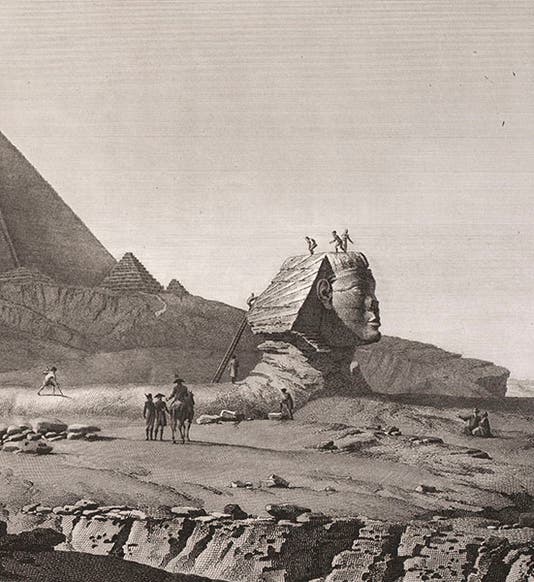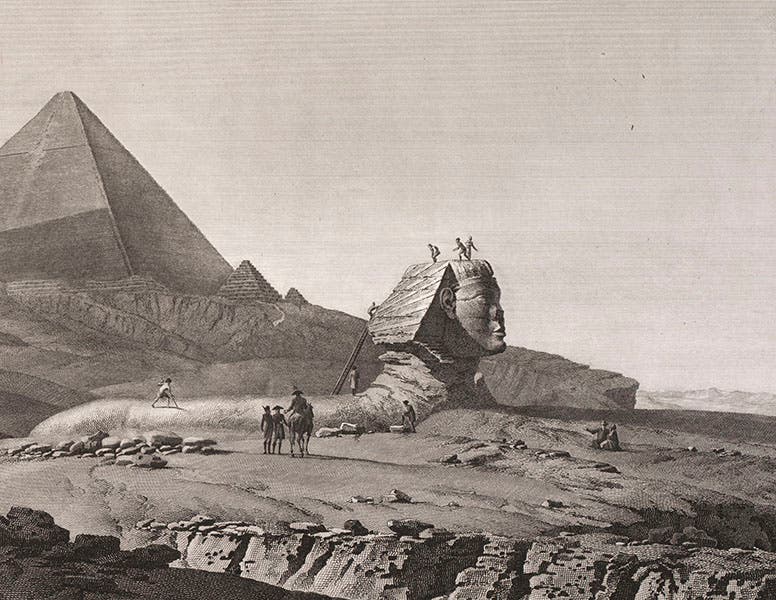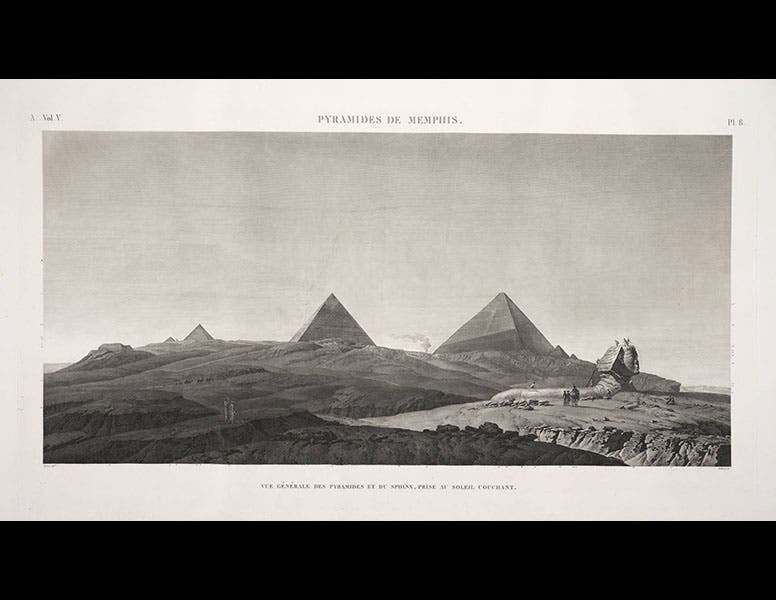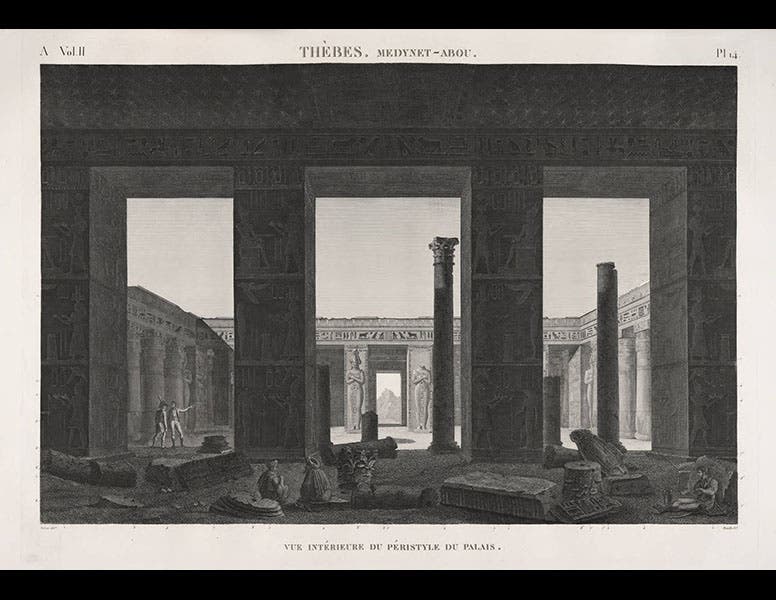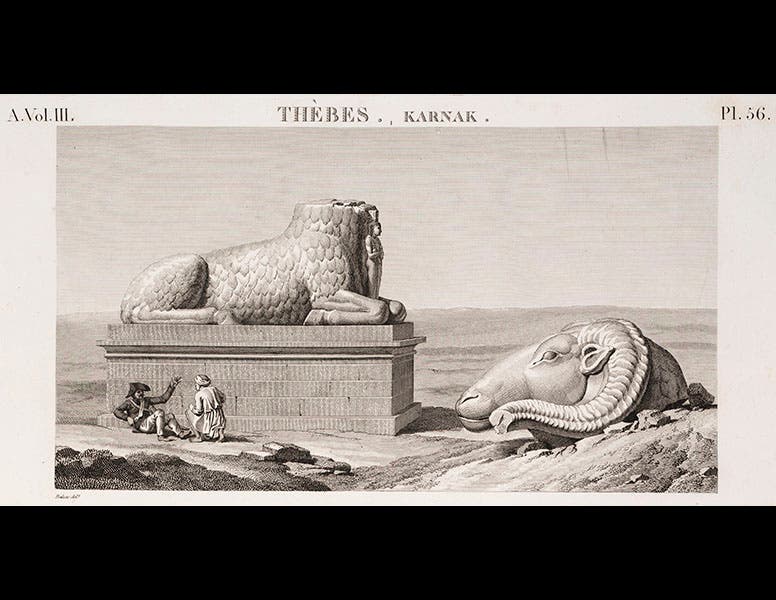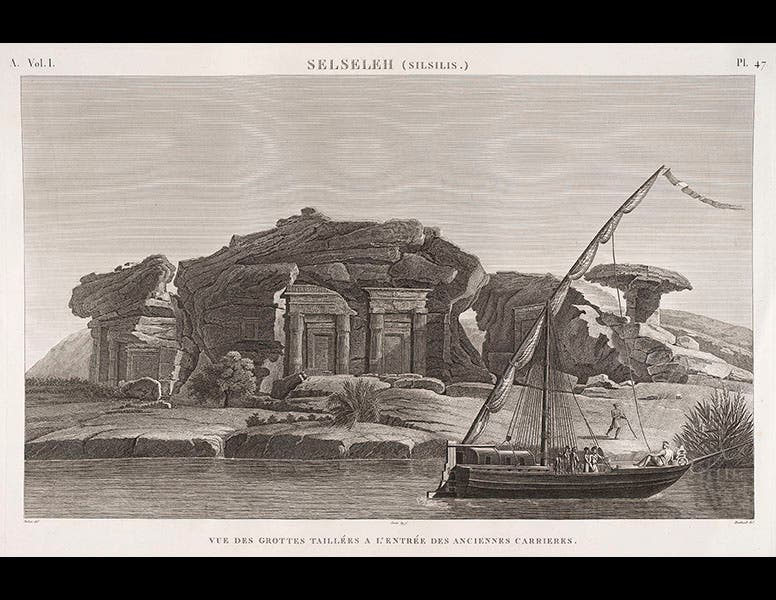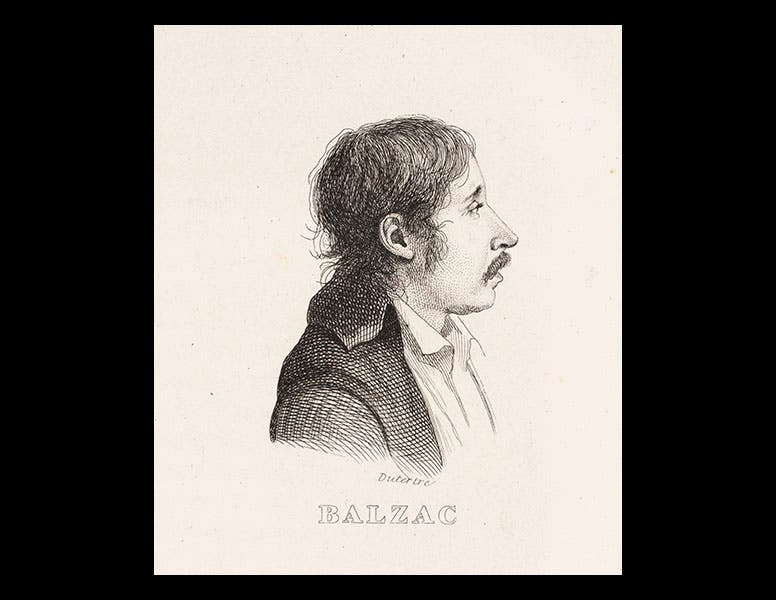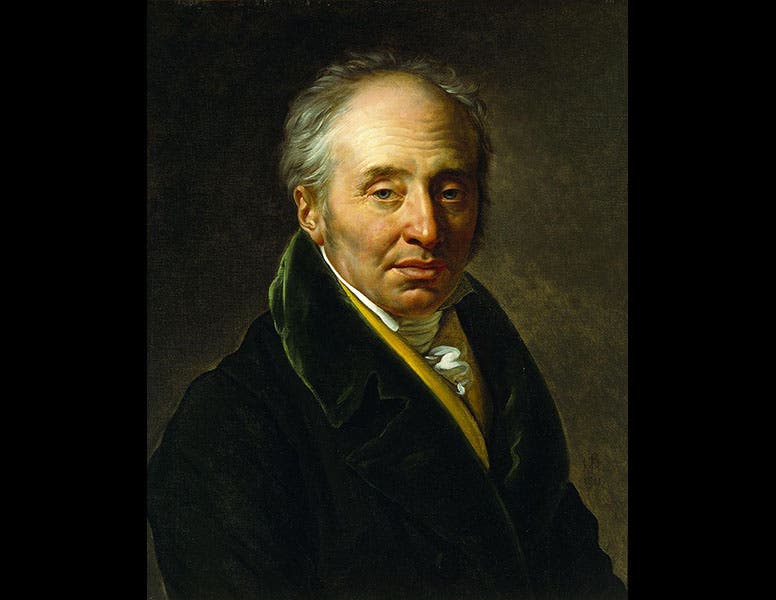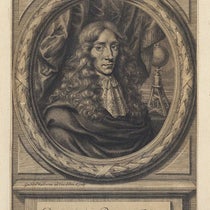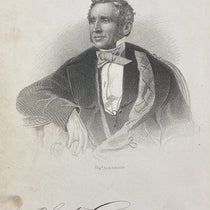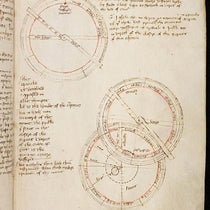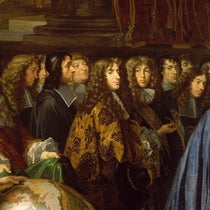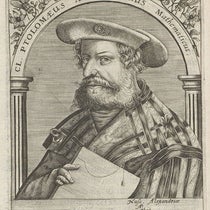Scientist of the Day - Charles-Louis Balzac
Charles-Louis Balzac, a French architect and civil engineer, died Mar. 29, 1820; his date of birth is unknown. Even the French don't seem to know much about Balzac's life, as you will see if you consult the Balzac article in the French Wikipedia, but a three-year period of his life is better documented: Balzac accompanied Napoleon as one of his savants when Napoleon invaded Egypt in 1798. Balzac visited the ruins and antiquities at Giza, Thebes, Medinet Habu, Gebel el-Silsila, and Philae as the engineers explored the upper Nile. Like many of Napoleon's engineers, Balzac was an excellent artist, and he made pen and wash drawings of most of the sites he visited. Many of these were later engraved and published in the Description de l'Egypte (1809-28), which we have in our History of Science Collection. We have reproduced a selection of these above: a splendid view of the pyramids and sphinx at Giza, with Napoleon present and the savants hard at work (second image, detail in first image); the interior of the temple at Medina Habu (third image); one of the sphinxes at Karnak (fourth image), and a riverside grotto at Gebel el-Silsila (fifth image). We included two of these in the online version of our 2006 exhibition, Napoleon and the Scientific Expedition to Egypt, but we did not specifically mention Balzac as the draughtsman.
One of Napoleon's artists, Andre Dutertre, took pains to draw portraits of all 151 savants, and these were later published, so we have a sketch of the young Balzac (sixth image). A more mature Balzac was painted in oil in 1811, and the painting resides in the Dallas Museum of Art (seventh image).
Others of Balzac’s colleagues in Egypt have been featured as Scientists of the Day, including François-Charles Cécile, Jean Protain , and Henri-Joseph Redouté.
Dr. William B. Ashworth, Jr., Consultant for the History of Science, Linda Hall Library and Associate Professor, Department of History, University of Missouri-Kansas City. Comments or corrections are welcome; please direct to ashworthw@umkc.edu.

